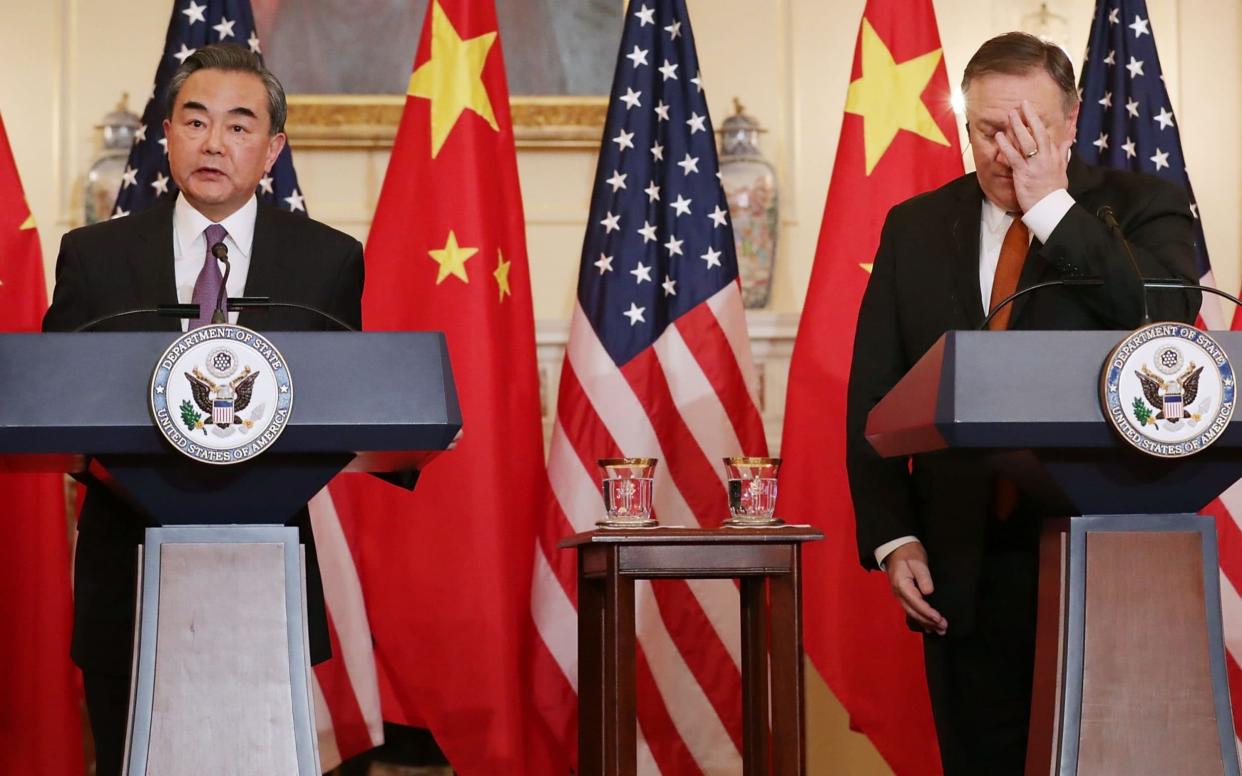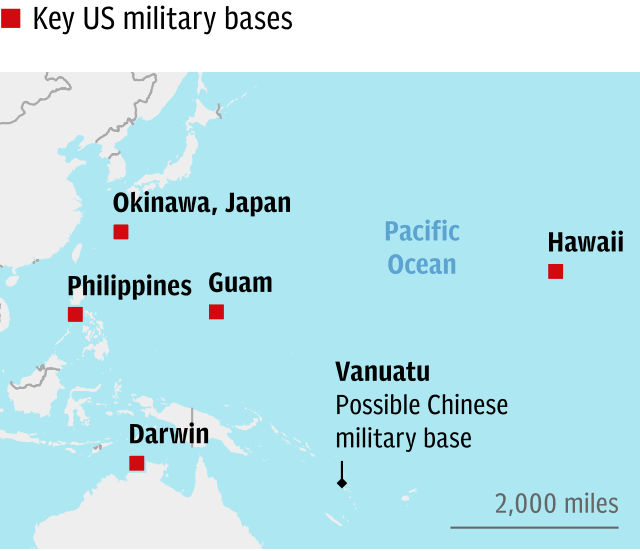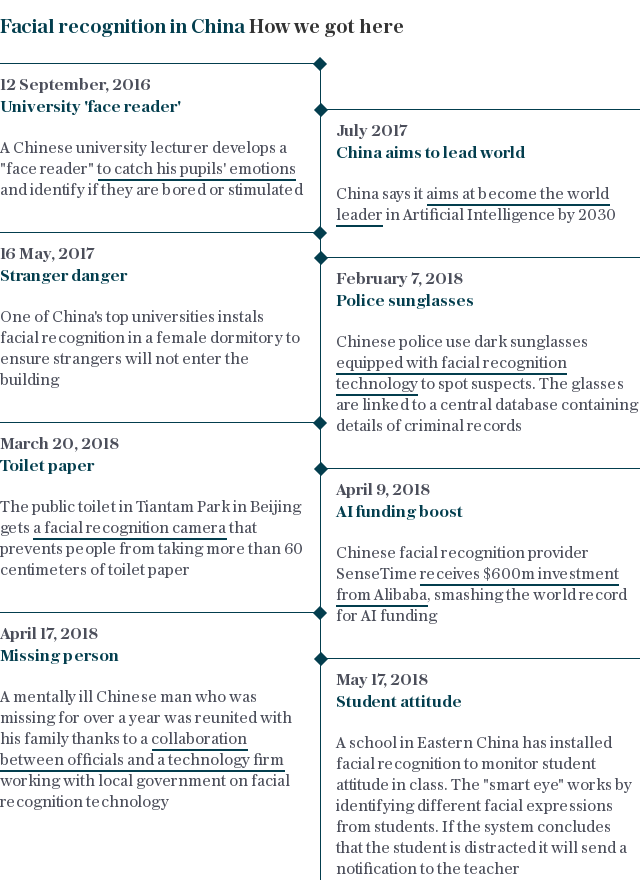Beijing denies 'inconceivable' sonic attacks on US diplomats

Chinese media said it was "inconceivable" that American diplomats would be targeted in China after a US government employee experienced what was reported to have been a sonic attack.
The US diplomat suffered a mild traumatic brain injury after experiencing "abnormal" sensations of sound and pressure, similar to the wave of so called sonic attacks on US diplomats in Cuba.
The incident, in the southern city of Guangzhou, led to US officials this week issuing a health alert for Americans in China, and has sparked intense speculation.
Mike Pompeo, the US secretary of state, said on Wednesday evening that medical teams were heading to Guangzhou to investigate the incident.
But China's Global Times newspaper said it was "not proper" for the US to issue a heath warning, which could cause "disturbance" among the expat community.

The state media outlet also said in a commentary: "It is inconceivable that in China there is any attack targeting foreigners, especially diplomats.
"It requires a highly unusual imagination to conclude on sonic attacks. The most simple question is: What would be the point of doing this? Is there any benefit for Chinese people to take the risk?"
Washington said last year that 24 diplomats in Cuba and their family members had fallen victim to unsolved "specific attacks" that left them with injuries resembling brain trauma.
Investigators suspected use of a "sonic weapon", but there has been no proof that was the cause. In Cuba, the American victims had associated the onset of their symptoms with "unusual sounds or auditory sensations".
Mr Pompeo said that the symptoms experienced by the government employee in China were "very similar" and "entirely consistent" to those experienced by American diplomats posted in Havana.
Wang Yi, China's foreign minister, who was visiting Washington said China had not found "any organisation or individual has carried out such a sonic influence."
"We don't want to see that this individual case will be magnified, complicated or even politicised. We hope people will not associate it with other unnecessary matters," he cautioned.

Meanwhile, Mr Wang also expressed anger at China being side-lined from a multinational military exercise to be held this summer in the Pacific.
The Pentagon said it had "disinvited" China from participating in a major naval exercise amid mounting tension over Beijing's "continued militarisation" in disputed areas of the South China Sea.
Mr Wang said: “We find the Pentagon’s decision today of dis-invitation a very non-constructive move. It is also a decision that’s taken lightly. It’s unhelpful to the mutual understanding between China and the US.”
The Rim of the Pacific exercise, known as RIMPAC, is billed as the world’s largest international maritime exercise, held every two years in Hawaii in June and July, and China has attended previously.
Additional reporting by Christine Wei

 Yahoo News
Yahoo News 
